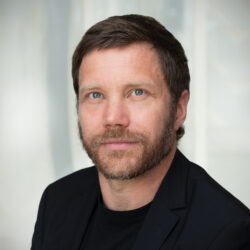HERILIGION: The heritagization of religion and sacralization of heritage in contemporary Europe
This European research project, funded by the HERA program, seeks to understand the consequences of the transformation of religious sites, objects and practices into heritage. Particularly, the project focuses on the impact of practices of heritage-formation on religious constituencies, on the role of various management regimes; and on potential paradoxes between religious and secular uses of heritage. What do these transformations of religion and heritage tell us about our time, in Europe and beyond?
The Dutch subproject at the Meertens Instituut, titled ‘The Dutch Passion for the Passion’, takes the Dutch Easter celebrations as an instance of using the religious past in shaping a present-day secular-but-religiously-based Dutch national identity. An important backdrop for this work package is formed by intense debates on religion, national identity and secularity in the Netherlands. The notion that the Dutch nation is built on a ‘Judeo-Christian past’ has become increasingly common. According to many, religious heritage should be treasured as a way to protect embattled Dutch culture. This mobilization of heritage is to be understood against the background of a growing anxiety about the increasing presence of Islam, the arrival of (openly religious) non-western immigrants, and a perceived decline of knowledge on the ‘true meanings’ of Christian Holidays. Empirically, the Dutch project focuses on a wide variety of performances of passion plays in the Netherlands: the successful televised ‘The Passion’, the more classical annual performance of Bach’s Matthew Passion and the passion plays in Tegelen. The project uses ethnographic fieldwork and discourse analysis, focussing on performers, audience and organizers of passion performances. The researchers collaborate with museum Catharijne Convent in Utrecht, the Netherlands.




